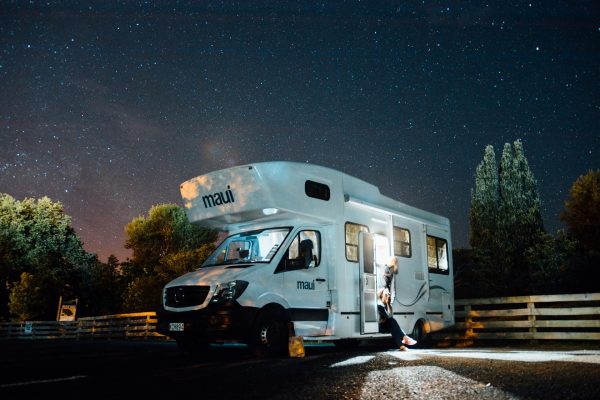7 Reasons to Buy an RV or Campervan
If you’re thinking of road-tripping your summer getaway, think RVs. Recreational vehicles and their close cousin, campervans, are growing increasingly popular as more families hit the road for a true American adventure that’s easier on the wallet and heavy on unique fun. Here are six reasons to buy an RV or a campervan:
1. Save money
With a means of transportation and a place to stay all rolled into one, an RV helps you save significantly on your vacation costs. Plus, when you travel with an on-the-go kitchen, you can cut down on the money you’d spend feeding your family while on the road.
2. Privacy and comfort
Why fight for legroom on a crowded airplane when you can travel in a vehicle that gives you tons of space? Move around as much as you’d like, enjoy a private bathroom and catch a few winks in the sleeping area, all while heading toward your destination.
3. Increased flexibility
When you travel using your own means of transportation, you’re in control. That means there’s no getting locked into specific dates for your getaway. Come and go as you please and vacation on the schedule that works best for you and your family.
4. Explore more
Traveling by RV will give you the opportunity to take in the sights and sounds of each place you pass through. You can even stop on the roadside to watch a glorious sunset or a passing herd of deer.
5. Bring your pets along
No need to arrange pet-sitters or to keep your furry friend in a carrier under an airline seat. When you buy an RV, you can bring your pets along and keep them nearly as comfortable as they’d be at home.
6. Tax benefits
In many states, owning an RV can mean enjoying significant tax benefits, which can include the homeowner’s deduction, a sales tax deduction and/or deducting the interest payments of your RV loan. Check with your accountant or tax pro to see which of these tax benefits apply to you.
If you’re ready to purchase an RV or a campervan, look no further than Olean Area Federal Credit Union! Our RV loans have affordable interest rates, reasonable payback terms and easy eligibility requirements for qualifying members. Call, click or stop by Olean Area Federal Credit Union to get started!




